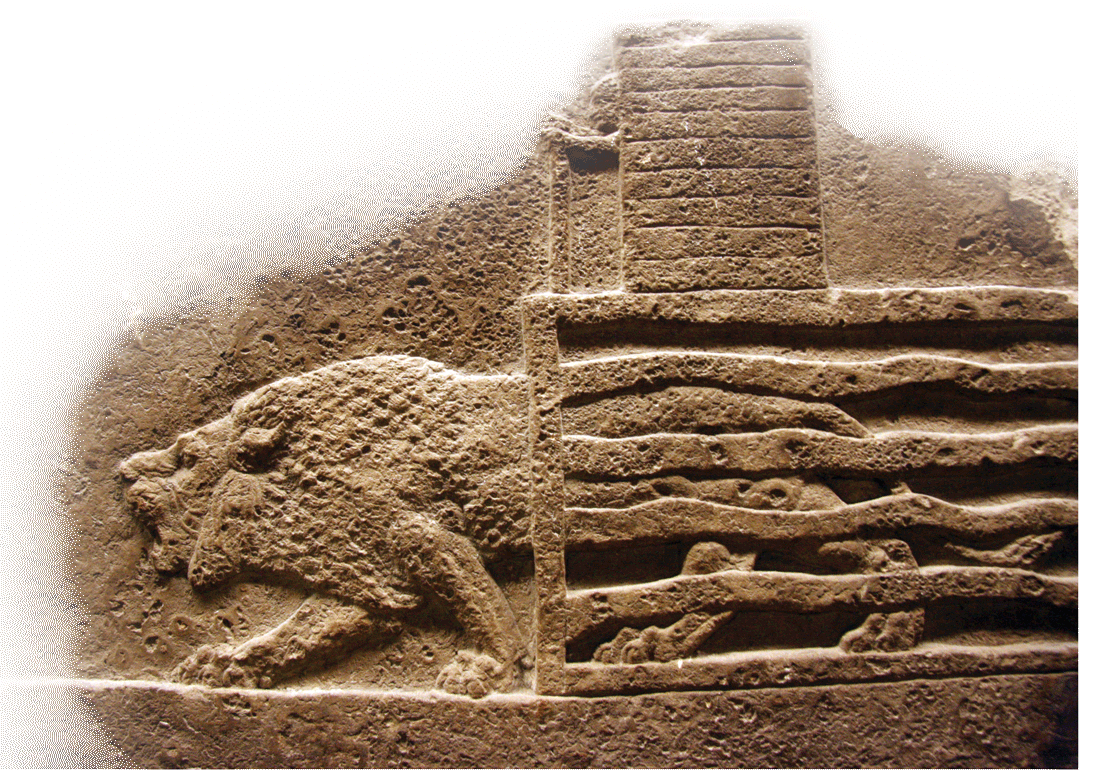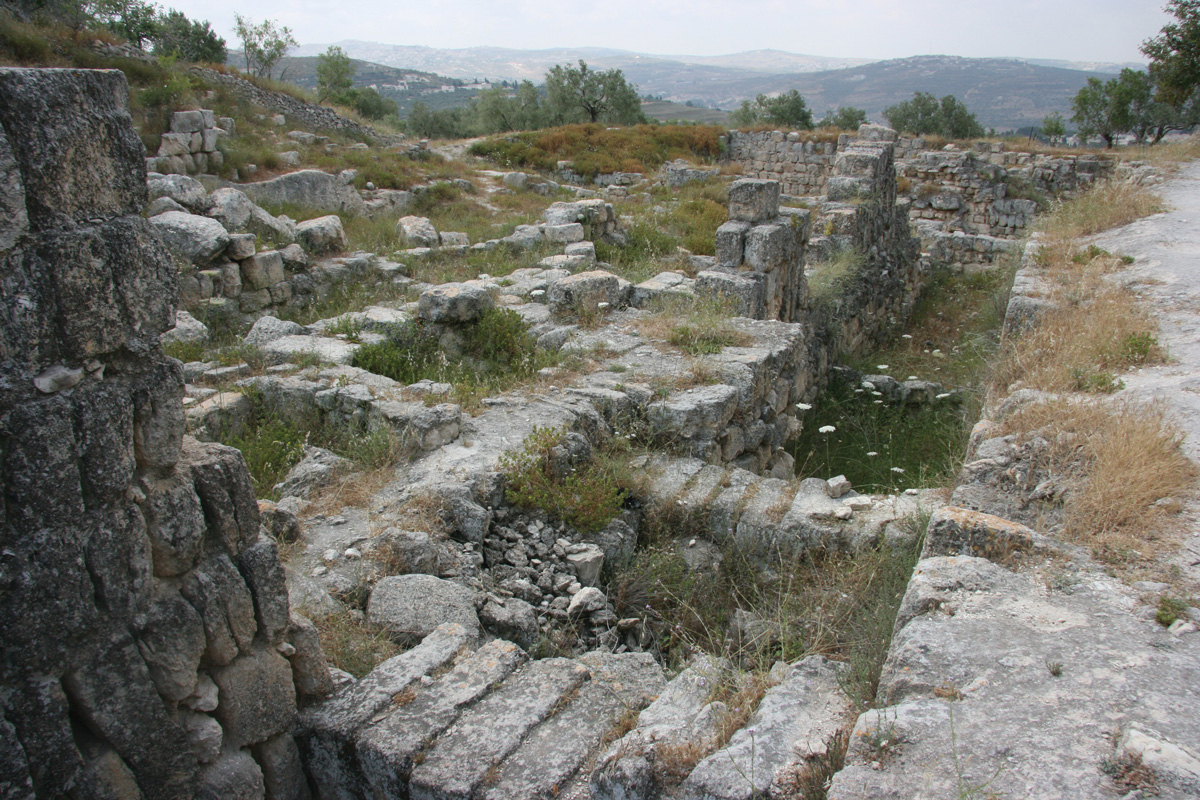Hosea
God’s Enduring Love for His People
Central Teaching
God uses Hosea’s difficult marriage to demonstrate his deep and faithful love for his rebellious and faithless people, who still will not repent and turn back to him.
Memory Verse
Setting
Hosea lived and preached in Israel throughout much of the eighth century BC. In Hosea’s later years, the Assyrians grew strong, overrunning and destroying the northern kingdom of Israel (722 BC). In 701 BC the Assyrians even unsuccessfully beseige Jerusalem. Clearly, Hosea lived and preached in a very unsettled and dangerous time. During his early ministry he was a contemporary of Amos and Jonah. Later in his life he overlapped with Isaiah and Micah.

The Assyrians besiege a city in Mesopotamia. During the later years of Hosea, the Assyrians grow strong and eventually overrun and destroy Israel.
Message
The basic message of Hosea is similar to that of the other preexilic prophets, and his message can be summarized in three central points:
- You (Judah/Israel) have broken the covenant; you need to repent!
- No repentance? Then judgment!
- Nevertheless, there is hope beyond the judgment for a glorious, future restoration.
Like the other prophets, Hosea’s indictments against Israel fall into three main categories: idolatry, social injustice, and religious ritualism.
However, one of the major themes running throughout the book of Hosea is the faithful, enduring love that God has for his people. Quite frequently the other prophets (especially Jeremiah and Ezekiel) compare Israel to an unfaithful wife—one who is so promiscuous that she becomes a harlot. In the same way that this figurative woman abandons her loyal, loving husband and becomes a harlot, Israel abandons the Lord and turns to worship other gods. While the other prophets regularly use this literary analogy, for poor Hosea this “analogy” is played out in real life. God tells Hosea to marry a harlot, and he obediently complies. Hosea’s wife soon abandons him to become a harlot again, eventually ending up in slavery. God tells Hosea to buy her back, love her, and take her back as his wife, thus illustrating in the prophet’s life the love and forgiveness that God has for his rebellious and disobedient people.
The book of Hosea ends with a last-minute plea for repentance. If Israel repents and turns back to God, Hosea declares, God will still restore them (14:1–8). The sad reality, however, is that Israel does not repent and return to God, thus bringing on the terrible judgment brought by the Assyrians and then the Babylonians.
Outline
Interesting Features
- Hosea marries the harlot, Gomer, and his relationship with her illustrates God’s relationship with Israel.
- Hosea and Gomer have three children, all with very significant, symbolic names.
- The deep love of God for his people is stressed.
- Hosea uses not only the husband/wife analogy but also the parent/child analogy.

The ruins of Samaria, the capital of the northern kingdom, Israel. Hosea announces judgment on Samaria (7:1; 8:5–6; 10:5, 7; 13:16).
Connections
Romans 5:8 states, “God demonstrates his own love for us in this: While we were still sinners, Christ died for us.” The story of Hosea paints a powerful picture of the depths of God’s love. Even if we have been like an unfaithful and wayward spouse toward God, abandoning our relationship with him to pursue our own desires and oblivious to his constant love for us, he still loves us with a deep and abiding love that continually calls us to return to him. If we return to God, he forgives us and restores us to a wonderful loving relationship, putting us under his powerful care.